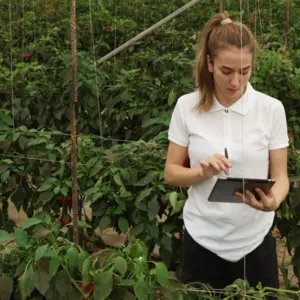

Planet and People Connection

Planet and People Connection
Being in Nature Boosts Your Immune System
Just being in the presence of trees is scientifically shown to lower the heart rate, lower blood pressure, reduce stress hormones, boost the immune system, improve mood and feelings of well-being.
It may sound like the newest wonder drug, but these are actually the benefits of shinrin-yoku, the Japanese practice of “forest bathing”—basically being in the presence of trees.
From 2004 to 2012, Japanese officials spent approximately $4 million studying the physiological and psychological effects of forest bathing. The researchers found that inhaling phytoncide—protective essential oils emitted by trees—seems to improve immune system function.
Another experiment conducted by the Center for Environment, Health and Field Sciences in Japan concluded that spending 30 minutes in a forest environment can lower concentrations of cortisol (the hormone linked to stress), lower pulse rate and blood pressure, and improve parasympathetic and sympathetic nerve activity so subjects felt more rested and less inclined to stress. A separate Japanese study of 498 people found that subjects who spent time in forest environments showed significantly reduced hostility and depression scores, together with increased liveliness.
In urban areas, even brief exposure to green environments can relieve stress levels. Experts have recommended “doses of nature” as part of treatment for children with attention disorders. Evidence suggests we don’t need a lot of exposure to reap the benefits of nature, but regular contact appears to improve our immune system function and well-being.
REFERENCES
Livini, E. (2017, March 23). The Japanese practice of “forest bathing” is scientifically proven to be good for you. World Economic Forum; Quartz. https://www.weforum.org/agenda/2017/03/the-japanese-practice-of-forest-bathing-is-scientificially-p…?
Li Q., Kobayashi M., Wakayama Y., Inagaki H., Katsumata M., Hirata Y., Hirata K., Shimizu T., Kawada T., Park B.J., Ohira T., Kagawa T., & Miyazaki Y. (2009, October–December). Effect of phytoncide from trees on human natural killer cell function. International Journal of Immunopathology and Pharmacology, 22(4), 951-959. https://doi.org/ 10.1177/039463200902200410.


 By
By







